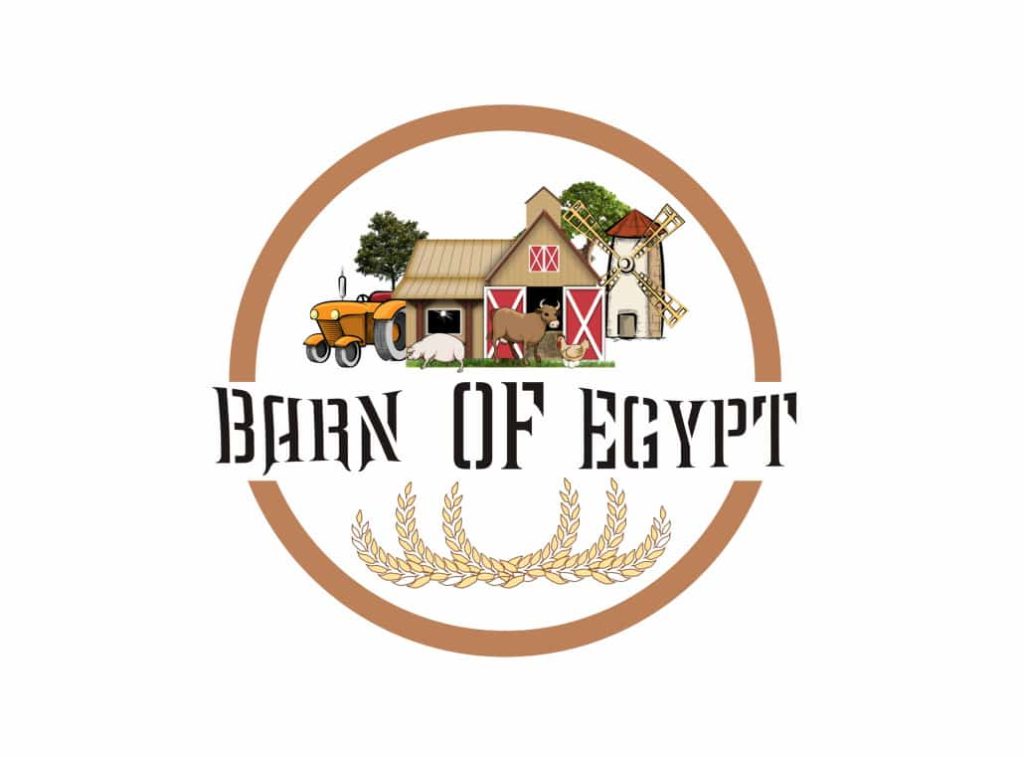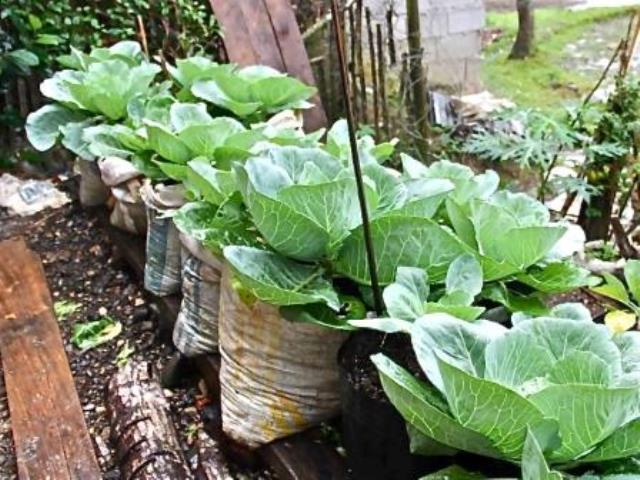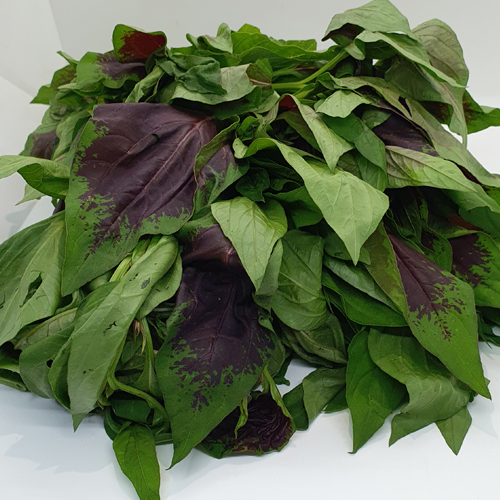Description
Fluted Pumpkin (Ugwu)
Fluted Pumpkin, scientifically known as “Telfairia occidentalis”, is a tropical vine grown in West Africa, primarily for its leaf vegetable and edible seeds. It is indigenous to southern Nigeria and is mainly cultivated in southeastern Nigeria. Common names for the plant include fluted gourd, fluted pumpkin, ugwu (in the Igbo language), and ikong-ubong (in the Efik and Ibibio languages). The plant is drought-tolerant and usually grown trellised.
Benefits of Fluted Pumpkin (Ugwu)
- Good Source of Dietary Fiber: Fluted pumpkin leaves are a source of dietary fiber that helps maintain the digestive system’s health.
- Maintains the Body Tissues: The vitamin contents in this vegetable help maintain healthy tissues, cells, membranes, and skin.
- Rich in Antioxidants: They are rich in alkaloids, resins, hydrocyanic acid, tannins, and flavonoids, powerful antioxidants that offer some immune system and anti-inflammatory benefits.
- Balances the Hormones: Vegetable is known to have high protein content. Ugu contains the protein needed for hormone balancing; tissue repairs and regulates the acidities of body cells and organs.
- Serve as an Anti-Diabetic Agent: It has an anti-diabetic effect, which means it can treat diabetes mellitus by reducing glucose in the blood.
- Improves Blood Production: Fluted pumpkin leaves are always recommended for patients who suffer from a shortage of blood due to certain illnesses.
- Rich in Vitamins and Minerals: Loaded with vitamins A and C, it supports clear vision and strengthens the immune system. Its significant calcium and phosphorus levels contribute to strong bones.
- High Fiber Content: Its high fiber content facilitates digestion and helps with maintaining a healthy weight.











Reviews
There are no reviews yet.